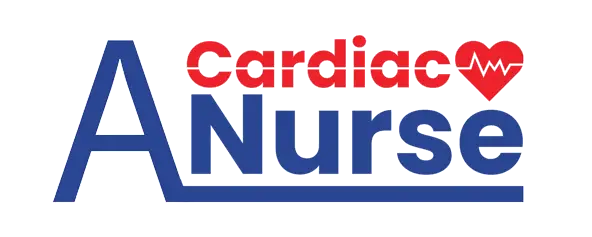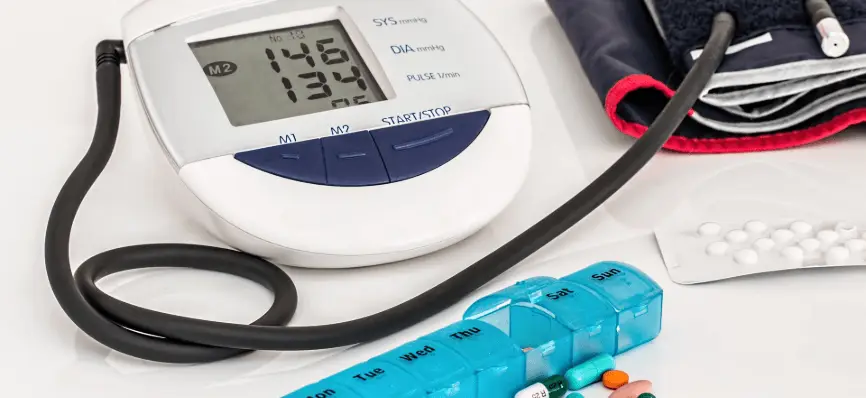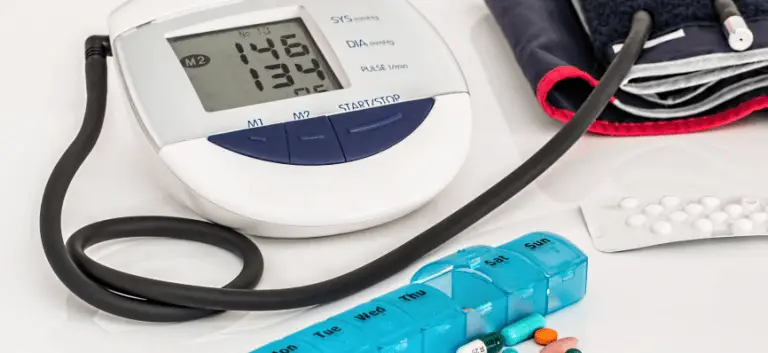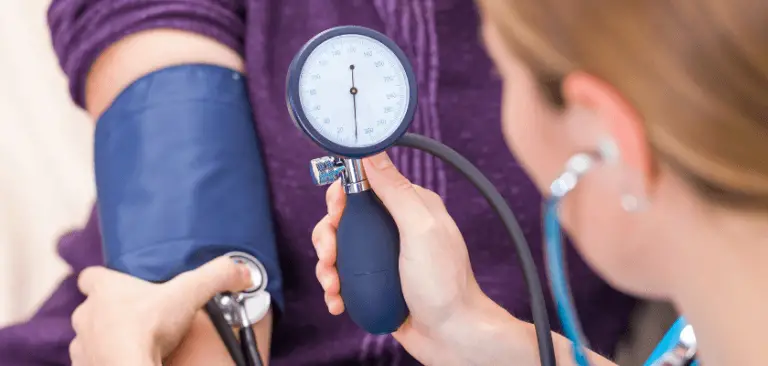How Does High Blood Pressure Occur
How does high blood pressure occur? Throughout a large part of the last century, the lifestyle of our parents and grandparents was very different to that which we enjoy today.
Much of the convenience of modern living was yet to be seen as part and parcel of our normal daily lives and a substantial proportion of the population was engaged in far higher levels of physical work than we see today. The daily diet to support this activity was also very different.
Today, even those of us who are engaged in what we still term as physical work find that much, if not all, of the hard work, is now undertaken by machinery.
Burning 3,000 or 4,000 calories a day at work is a thing of the past and we are much more likely to find ourselves getting through as little as 1,500 or 2,000 calories on an average day.
How Does High Blood Pressure Occur
At the same time our diet has also changed markedly and, for many, the days of home-cooked meals of meat, potatoes and vegetables are a distant memory, replaced now by a wide range of packaged and processed convenience foods and a huge variety of tempting fast food takeaway meals.
It comes as no surprise therefore that we are becoming a society of increasingly overweight individuals and that, alongside this, high blood pressure (or hypertension) has become a major health problem. Some estimates place the number of people suffering from high blood pressure at 600 million worldwide with as many as 1 in 3 of all adults in the US suffering from hypertension.
One major problem presented by high blood pressure is the fact that it often shows little or no symptoms, and so about a third of those with the condition don’t even know they have it.
Untreated High Blood Pressure
High blood pressure is a serious problem that, if left untreated can lead to a heart attack, heart failure or a stroke. In addition, hypertension can cause kidney problems and, in some instances, even result in blindness.
Fortunately, high blood pressure is both very simple to detect and can be treated and controlled with medication and, more importantly, with some simple changes to your lifestyle.
The first port of call should be your doctor, who can check your blood pressure for you in a matter of seconds. As an alternative, you can even check your own blood pressure and a variety of easy to use and relatively inexpensive monitors can be purchased for use at home. For many people today this represents an excellent investment, allowing them to keep a regular check on their blood pressure without having to keep popping along to their local surgery.
If your blood pressure starts to creep up above the generally accepted normal level, then start by looking at your lifestyle and try making a few simple adjustments in the first instance.
Prevention of High Blood Pressure
If you’re overweight then try losing a few pounds. If you’re eating a lot of canned and processed foods then try cutting down on these and add fruit, vegetables, whole-grain foods, and fish to your diet. If you enjoy alcohol, then try cutting down to just the occasional drink once or twice a week. If you smoke, then try giving up altogether.
More often than not these, and similar, lifestyle changes will be all that is needed to bring your blood pressure back down to normal levels. If this doesn’t do the trick, however, then call in and have a chat with your doctor who will probably prescribe a course of medication to run alongside your change in lifestyle.
Many thousands of people die needlessly every year as a result of high blood pressure. Detection and cure of this growing problem have, however, never been easier so, if you’re at all concerned, have your blood pressure checked today and don’t add to this growing statistic.
Phyllis Robinson MSN, RN is a Registered Nurse of 27 years. Phyllis is passionate about the prevention and healing of heart disease using traditional and alternative methods. She has experience in emergency room, telemetry, infusion, and critical care. Phyllis currently practices in an intensive care unit.



